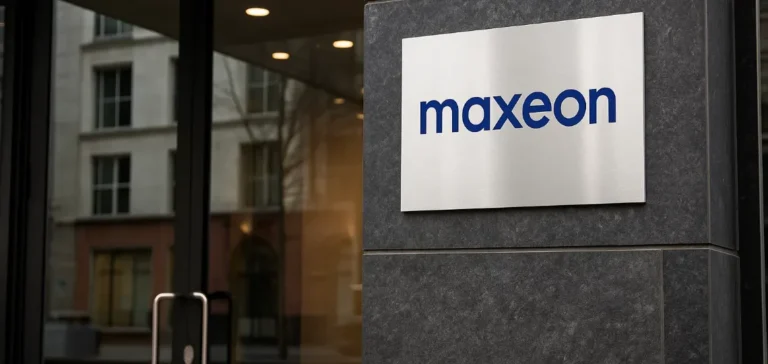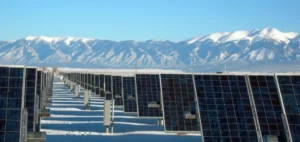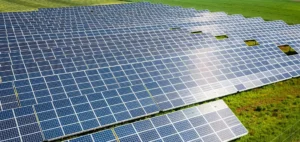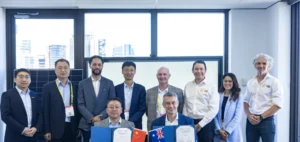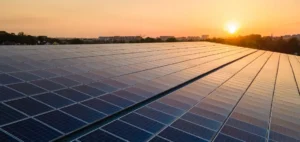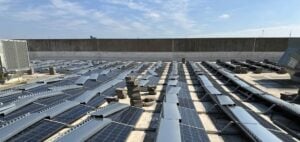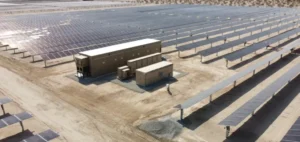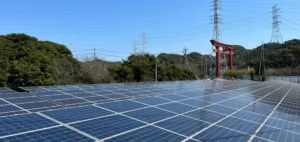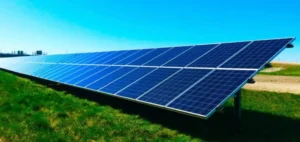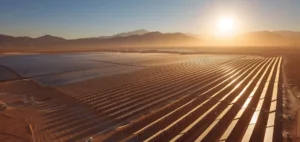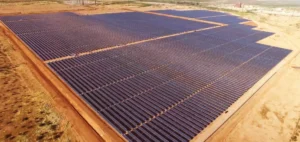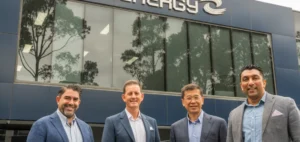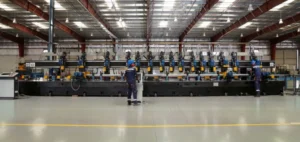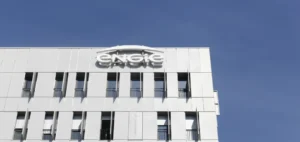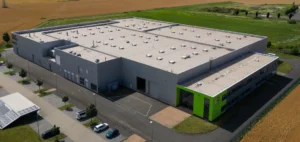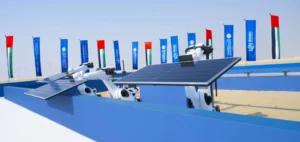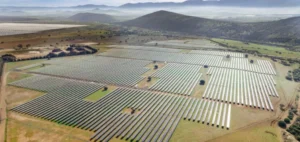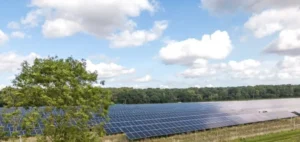Maxeon Solar Technologies Ltd, a Singapore-based solar module manufacturer listed on NASDAQ, recorded an 89% drop in revenue in the first half of 2025, falling from USD 371.7 million to USD 39 million. This significant decrease is mainly due to the exclusion of some of its products from the U.S. market, in connection with the Uyghur Forced Labor Prevention Act (UFLPA). The ban, enforced since July 2024 by the United States Customs and Border Protection (CBP), directly impacts the company’s ability to generate revenue from its historic primary market.
Maxeon has initiated legal proceedings with the U.S. Court of International Trade to challenge this decision, which it considers unfounded. The company argues that the measure reflects a misapplication of the U.S. legal framework. While awaiting a ruling, the import restrictions remain in effect, significantly affecting the company’s operational performance.
Financial Results and Profitability Indicators
Over the first six months of the year, Maxeon reported a net loss of USD 65.5 million, a slight improvement from the USD 68.4 million recorded a year earlier. Shipments fell by over 85%, reaching 153.2 megawatts compared to 1,014 MW during the same period in 2024. Operating expenses were halved to USD 54 million, supported by targeted restructuring initiatives.
Adjusted EBITDA (earnings before interest, taxes, depreciation, and amortization, adjusted for exceptional items) remained negative at USD -48.6 million. Nevertheless, this performance shows an improving trend compared to the first half of 2024 (USD -75.6 million). The company also reduced capital expenditures to USD 1.3 million, down from USD 36.9 million the previous year.
Liquidity Pressure and Balance Sheet Management
Chief Financial Officer Dmitri Hu stated that discussions are underway with majority shareholder Tianjin Zhonghuan Semiconductor Co., Ltd. (TZE) to reduce the company’s debt and improve its capital structure. The company is also exploring asset sales outside the United States, including through strategic partnerships or targeted divestments.
Cash position deteriorated, with an end-of-period balance of USD 18.5 million, compared to USD 85 million on June 30, 2024. Cash flows from operations remained negative at USD -95.3 million. However, Maxeon secured USD 83 million in divestment proceeds in the first half, thanks to the sale of non-strategic assets.
Regulatory Uncertainty and Strategic Caution
Due to uncertainties surrounding the regulatory environment and the recently passed H.R. 1 (OBBBA) bill in the United States, Maxeon has suspended all financial forecasts for upcoming periods. The company will not hold any earnings calls in the near future, a decision driven by limited short-term visibility.
These factors are prompting Maxeon to reposition its strategy both geographically and financially. While restructuring efforts are visibly reducing costs, the company’s dependence on the U.S. market remains a risk factor. Its ability to redirect operations toward other regions or market segments will be critical to financial stability.


